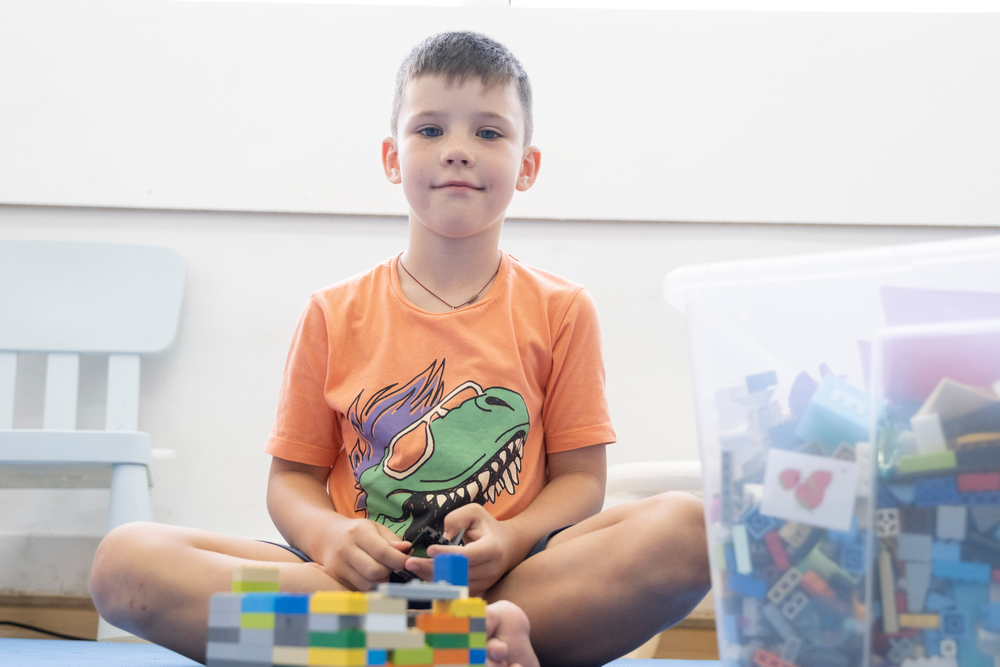Bob Rae, Canada’s Special Envoy to Myanmar, who has also travelled to Bangladesh, said Bangladesh authorities including Sheikh Hasina “have emphasised that the refugee camp is supposed to be ‘short term’ and that to talk about schooling beyond learning centres for very young children would risk giving the impression, to Myanmar and the world, that camps were there to stay”.
In the camps, many children study by themselves from tattered textbooks carried from Myanmar or purchased at local markets, where stalls ply a swift trade in copies of the Myanmar curriculum smuggled across the border. Recent fighting in the region has made imports tougher, one stall owner said.
“There are many Rohingya who can’t get the Myanmar curriculum – we are doing this so we can help them,” said 20-year-old Nurul Ansur, the Bangladeshi proprietor of a print shop which specialises in copies of the textbooks, pulling a copy of ‘Grade One Primer, Basic Education’ from a filing cabinet.
A makeshift school staffed with Rohingya volunteer teachers opened in February, though the headteacher said they had no official permission to operate.
Karen Reidy, a communications officer at UNICEF, which leads education programming in the camps, said efforts were under way to adapt other countries’ curriculums into a “learning framework” for refugee children.
“There’s a risk in the camps that we will see a lost generation of children if we don’t manage to catch them with education, with skills and training at this critical point in their lives,” she said.

